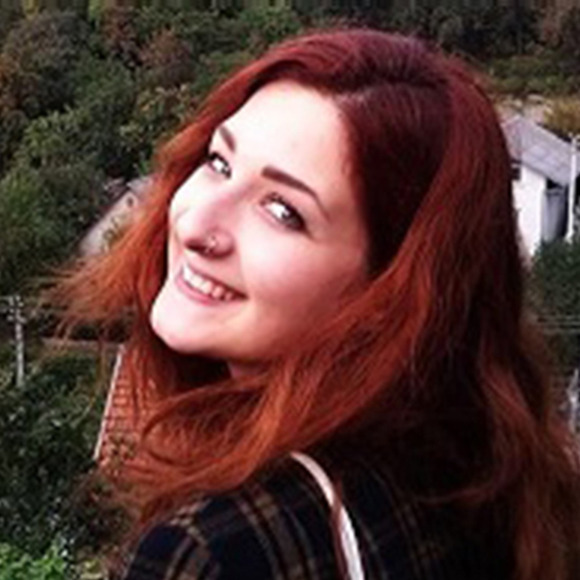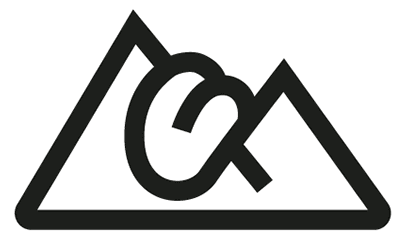The white envelopes with samples of earth were sent from the Netherlands. They traveled to different parts of the world and were to be tasted during the international summer school. Because of the worldwide pandemic that was going on already for about a year and a half, the class was meeting on a virtual platform – each from their homes, towns or cities, and countries in front of their computers. The class opened the white envelopes with 2-3 different samples of earth taken from different places. The class was asked to taste those samples. People in their little screens on the virtual platform were tasting, feeling, and thinking about those little pieces of the earth for half an hour. They were experiencing the smell, taste, and texture of the earth in their mouth or their fingers. Not all could taste or smell as some of those who recovered from the global virus lost these abilities, or they got weakened.
I tasted earth on purpose probably for the first time in my life in this workshop. It was a weird experience as I am one of those who recovered from the virus with fewer abilities to smell or taste. The lack of it just reminded me how, in the end, we are affected by this. Our bodies lose the abilities to feel the world. And we made it happen. It was even weirder to think about the travel of earth, because earth is everywhere, and we get it packed in envelopes sent from the Netherlands. I am in Lithuania, and I got a sample of earth dug from Lithuania, but it already traveled so much to reach me again. I guess it also shows how “far“ we are from the earth, in some sense. The fact that it was edible made me think about the food system. These samples of earth were traveling just like food products do – all around the world, from different places, many going to be wasted, contributing to climate change and making this earth a little bit less livable every day. And if the earth would be edible just like any other food product, would it be wasted just the same? Would it be packed and traded until there would be only dug holes left in some places or regions? Would we literally just eat the earth until it‘s gone?
June 2021
The text was created during Summer School in Hands-on Anthropology & Ethnographic Storytelling in 2021, curated by Younes Saramifar www.handsonanthropology.org

